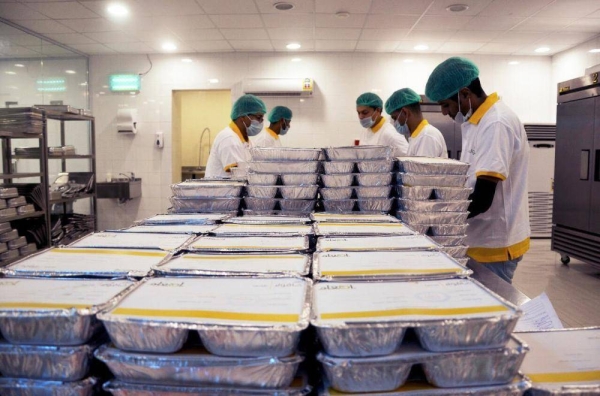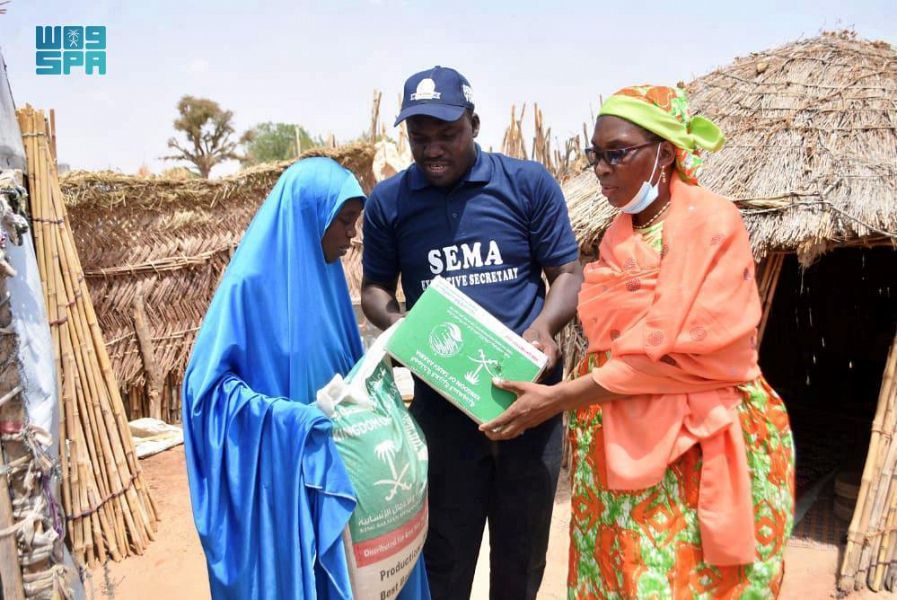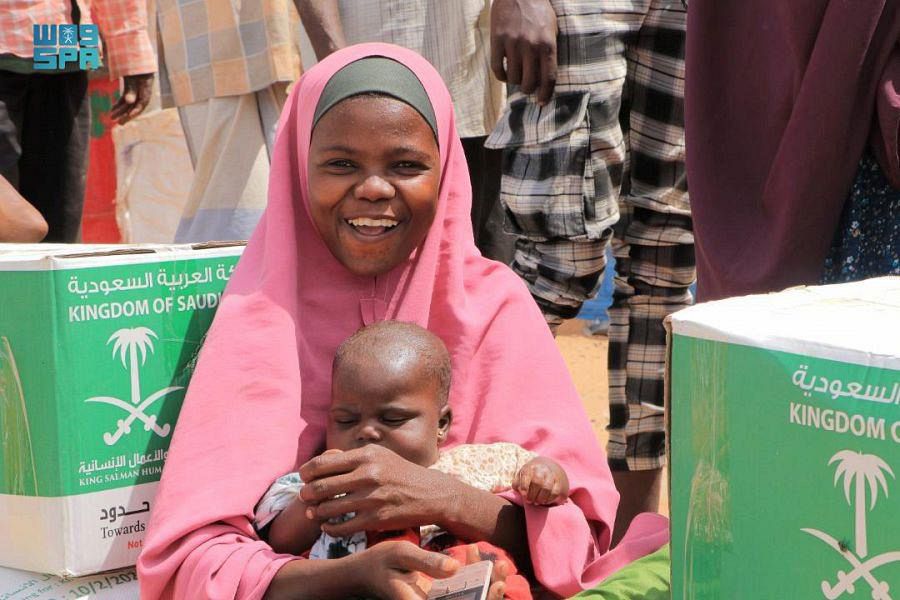
7 June 2024, Cairo, Egypt – “Prepare for the unexpected” is the theme of the sixth World Food Safety Day, marked today by the United Nations. Food businesses, governments and consumers can all help prevent food contamination and foodborne illnesses.
Food must be protected at every stage from production to consumption. WHO and the Food and Agriculture Organization of the United Nations (FAO) jointly facilitate the international day to raise awareness of this issue globally.
The Eastern Mediterranean Region bears a substantial burden of foodborne diseases. According to WHO estimates from 2015, 100 million people living in the Region experience foodborne illnesses each year – 32 million of those cases are children aged under 5 years.
Foodborne diarrhoeal diseases caused by pathogens make up 70% of the foodborne disease burden in the Region. About 37 000 people a year in the Region die from eating unsafe food, mainly due to foodborne diarrhoeal diseases, typhoid fever, hepatitis A and brucellosis. Food safety measures are vital to mitigate the impact of these diseases on health and well-being in the Region and globally.
WHO estimates of the global burden of foodborne diseases
Besides foodborne pathogens, natural toxins and synthetic chemicals may also cause some foodborne diseases. A large number of chemical contaminants in food can cause serious noncommunicable diseases, including cancer; organ failure; and reproductive and developmental impairments.
The Region grapples with public health challenges stemming from climate change-related events such as heatwaves, drought, flooding, and increased transmission of zoonotic diseases. Humanitarian crises, other emergencies and political instability restrict access to safe food, water and sanitation, as well as access to health services. The most vulnerable and marginalized people typically fare the worst.
This year also marks the 20th anniversary of the International Food Safety Authorities Network (INFOSAN), which facilitates the rapid exchange of information on food safety events across borders and among members. Run jointly by WHO and FAO, INFOSAN enables the timely implementation of risk management measures to prevent foodborne illness and save lives.
Food safety incidents can swiftly grow from local instances to global emergencies. Food safety emergencies can arise from contaminated food in the domestic and/or international markets, as well as from disruption to food controls and supply chain due to power outages or conflict. This makes it everyone’s responsibility to work together to tackle food safety challenges, safeguard consumer health and ensure fair food trade practices nationally and globally.
The WHO Regional Office for the Eastern Mediterranean continues to lead and support countries of the Region to build robust national food control systems and promote safe food handling. In turn, this will help achieve by 2030 the global targets set out in the WHO Global Strategy for Food Safety 2022–2030.
Related links
WHO Global Strategy for Food Safety 2022–2030











